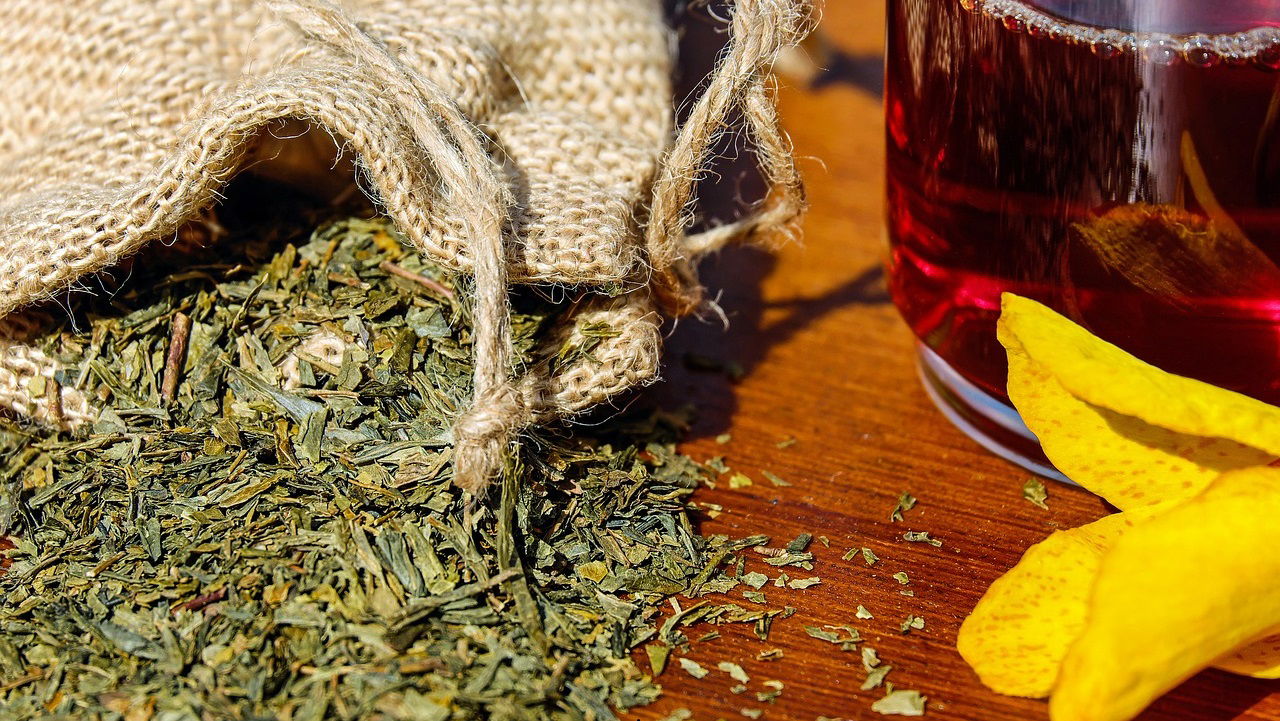
Bureau of Indian Standards (BIS), India's National Standards Body, has significantly advanced its standardization efforts in the Ayush sector by setting up a specialized department dedicated to traditional Indian systems of medicine. This new department aims to enhance the safety, efficacy, and quality of Ayush products and practices, encompassing Ayurveda, Yoga, Naturopathy, Unani, Siddha, Sowa-Rigpa, and Homoeopathy. This initiative underscores BIS's commitment to advancing standards and ensuring high-quality practices within these traditional health systems.
BIS Director General, Pramod Kumar Tiwari, explained that under expert leadership, the new Ayush department has formed seven sectional committees, each concentrating on a specific system within Ayush. These committees collaborate with a diverse range of stakeholders, including scientific institutions, industry representatives, and regulatory bodies, to create comprehensive and evidence-based standards that align with both national and international guidelines.
To date, BIS has published 91 standards, covering topics such as single herbs, Ayurveda and Yoga terminology, Panchakarma equipment, Yoga accessories, and methods for testing pesticide residues in herbs. A significant achievement has been the development of 80 indigenous standards for herbs used in traditional medicine, which promotes their safe and effective use. Furthermore, the introduction of national standards for Panchakarma equipment has brought uniformity to these preventive and therapeutic practices, thereby improving the overall quality of Ayush healthcare services.
In a step toward environmental sustainability, BIS has also formulated an indigenous Indian Standard for "Cotton Yoga Mats," which supports domestic manufacturers and farmers. Looking ahead, the department has identified key areas for future standardization, including terminology, single herbs, yoga attire, Siddha diagnostics, and homoeopathic preparations.
Secretary of Ayush, Vaidya Rajesh Kotecha, praised BIS's efforts, emphasizing the growing importance of consistent quality, safety, and efficacy in Ayush products and services as more people turn to traditional healthcare systems. He highlighted the significance of the new standards, such as IS: 17873 for Cotton Yoga Mats, as critical milestones in the development and promotion of traditional Indian medicine.
Through rigorous standards and ongoing innovation, BIS is committed to enhancing the acceptance and growth of Ayush systems both in India and globally.










